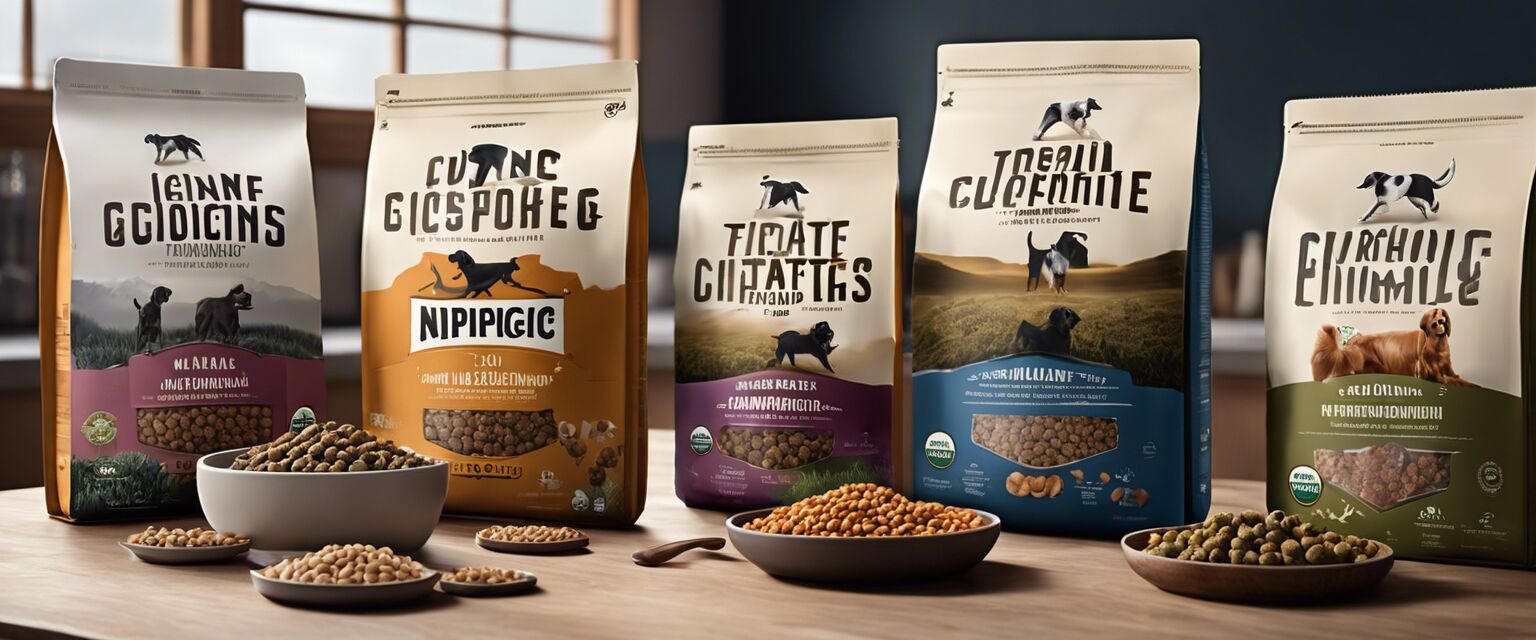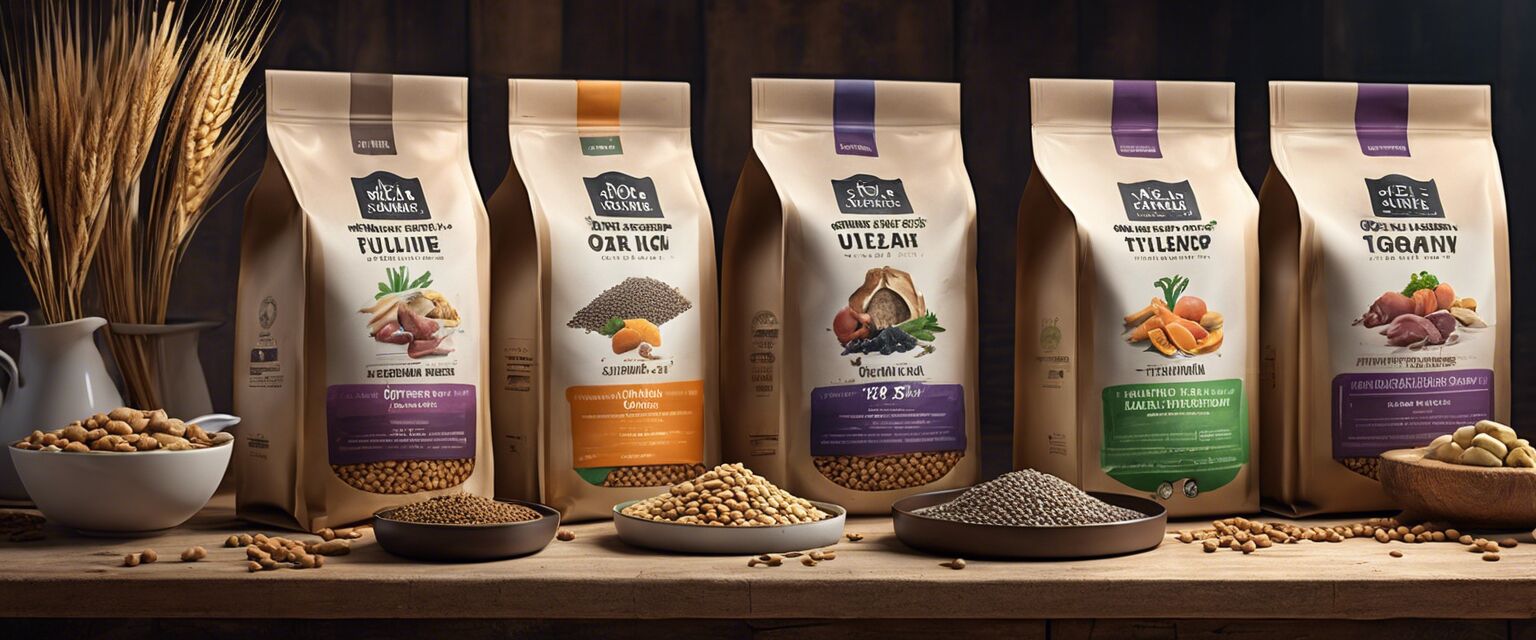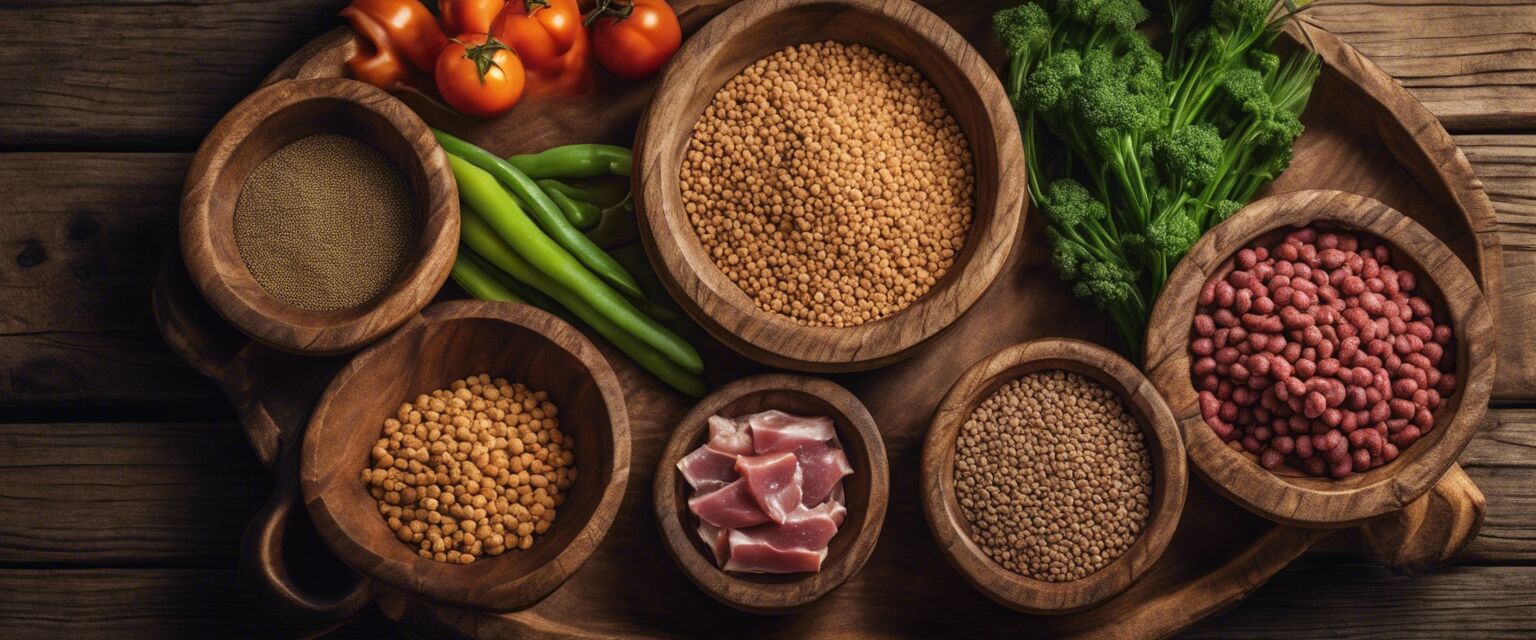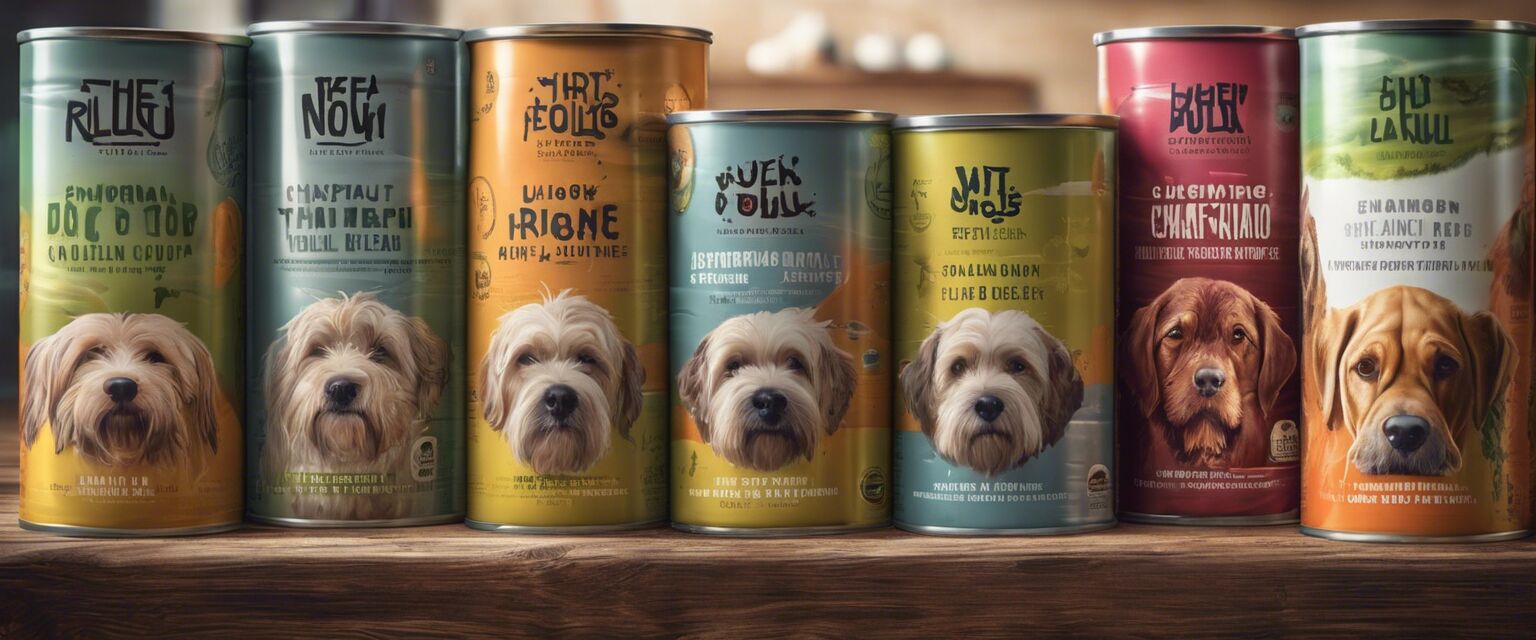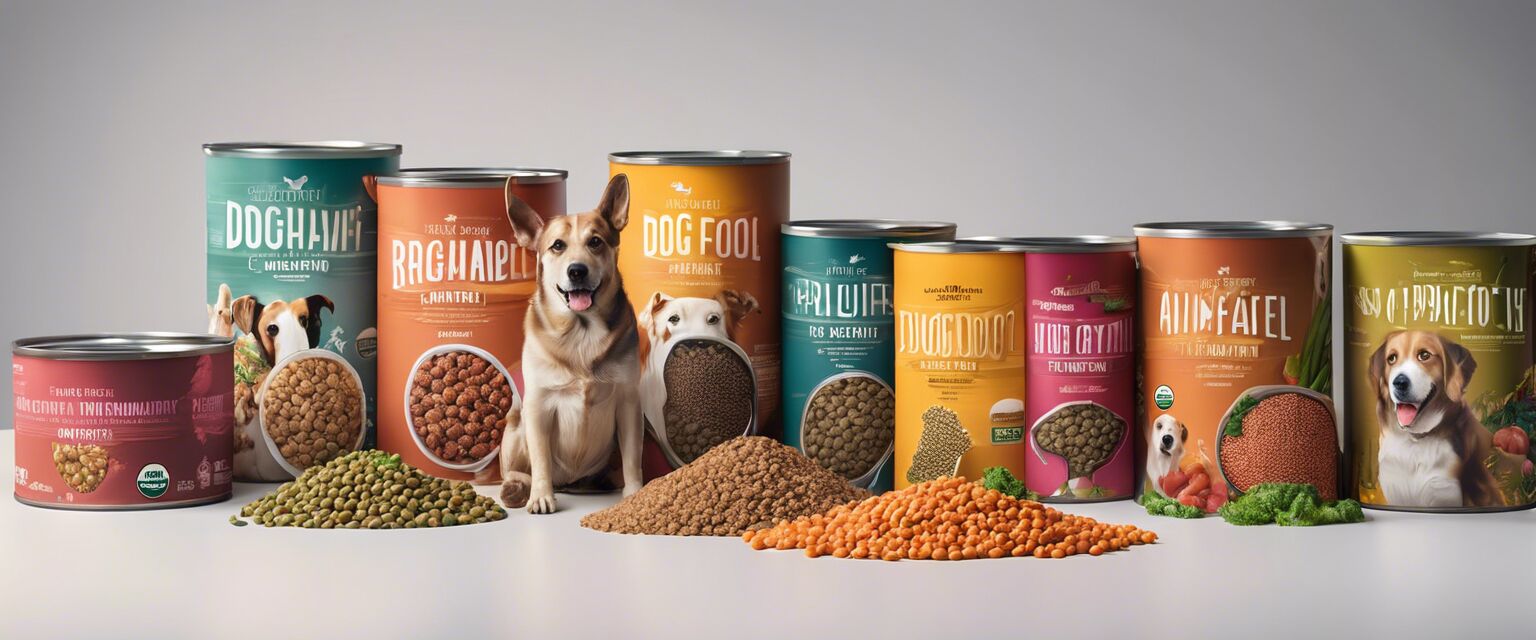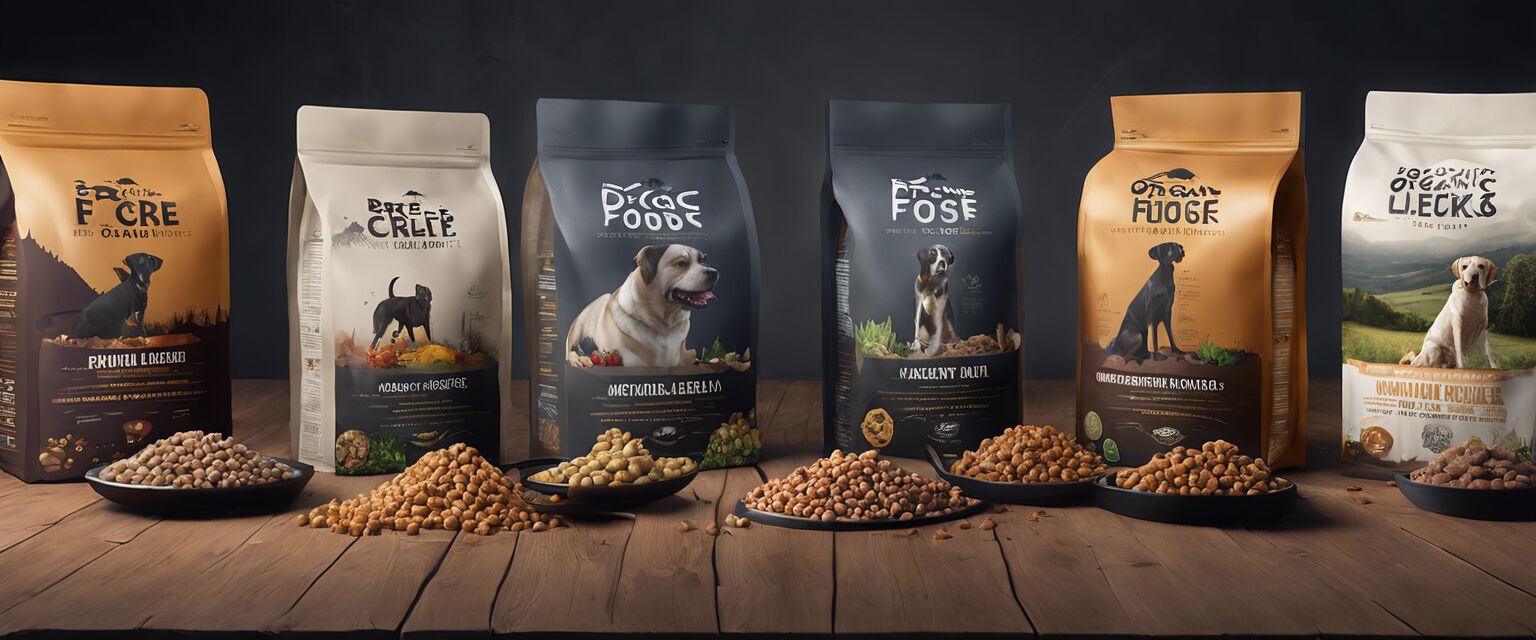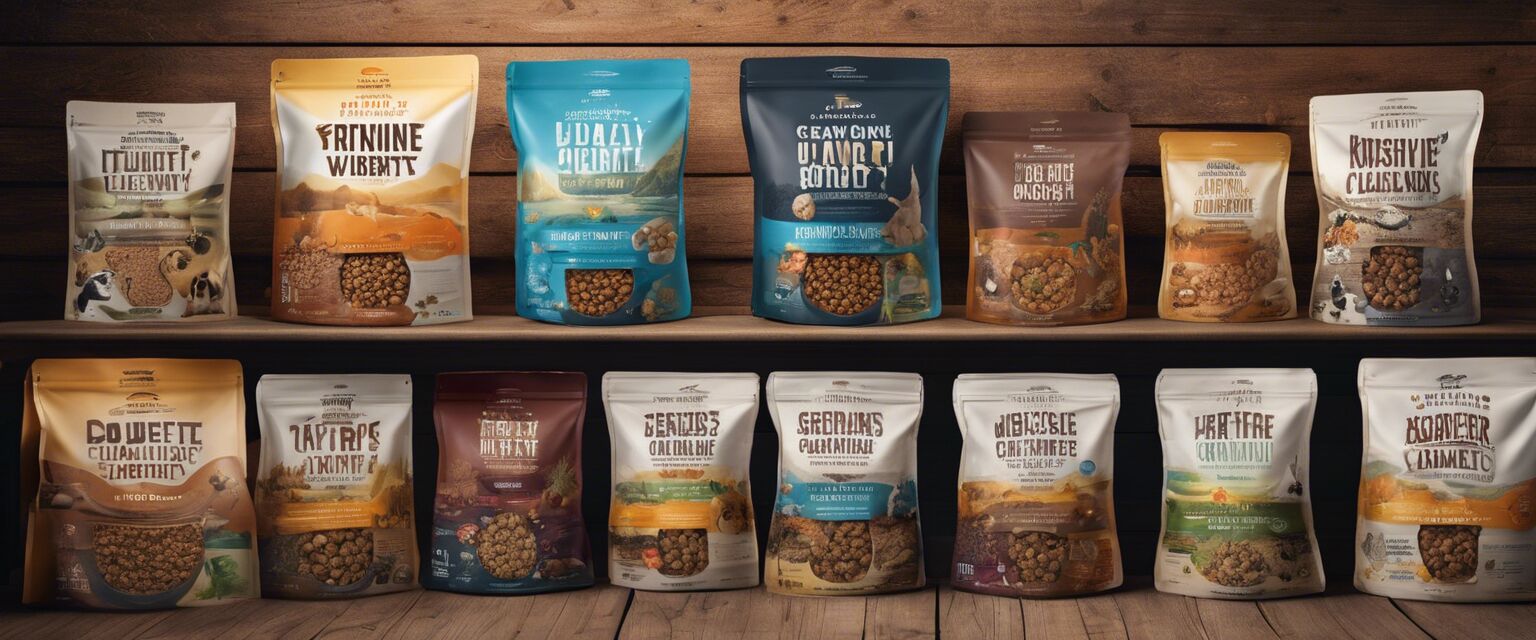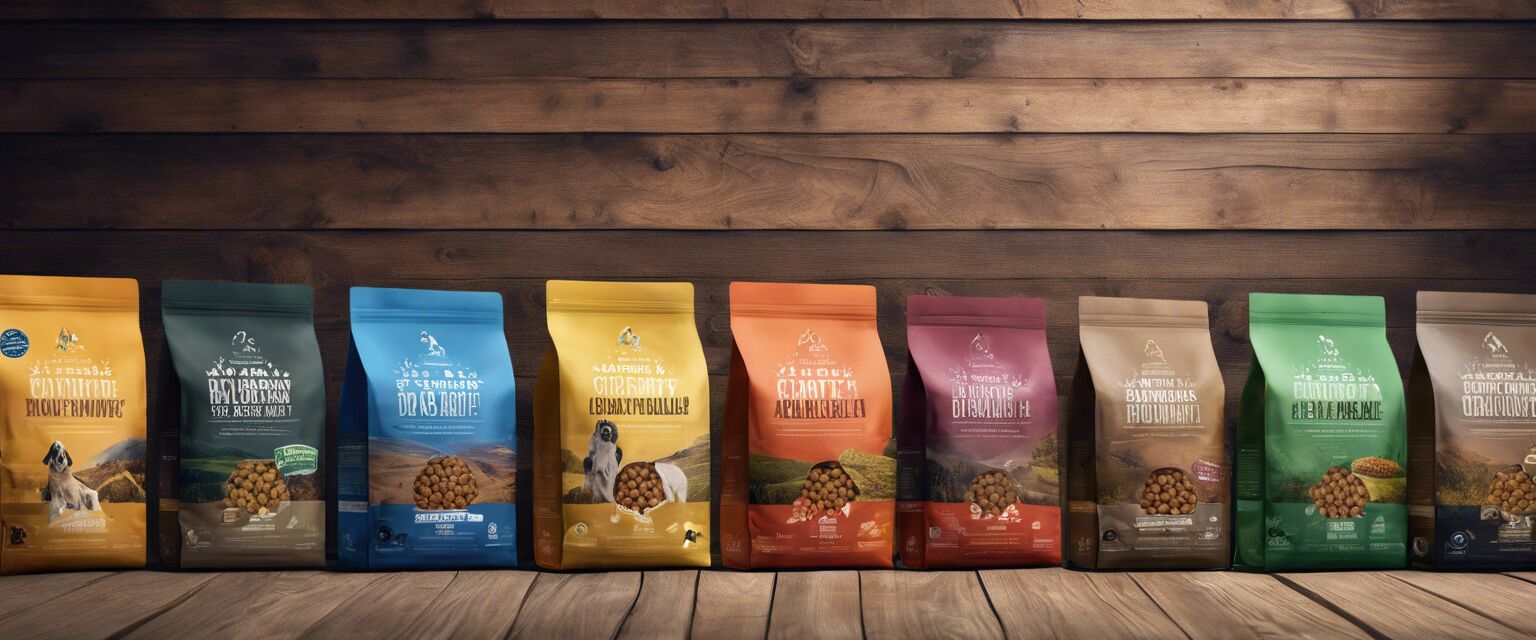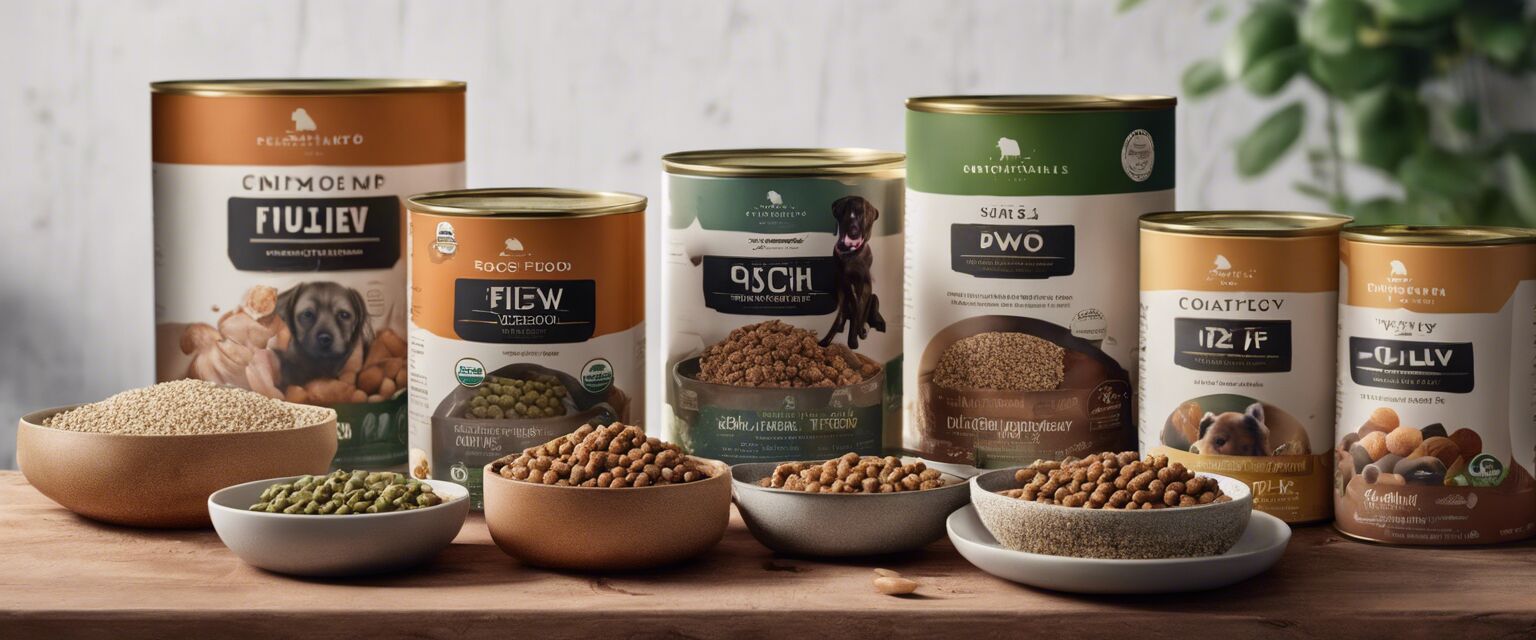
Organic dog food for senior dogs
Key Takeaways
- Look for organic ingredients specifically formulated for senior dogs.
- High-quality protein and essential nutrients are critical for maintaining health.
- Hydration is key; consider wet dog food options.
- Consult your veterinarian for tailored recommendations based on your dog's health needs.
As dogs age, their nutritional needs change. Senior dogs often require food that supports their joints, maintains a healthy weight, and provides the essential nutrients necessary for a happy life. This article will delve into various organic dog food options tailored specifically for senior dogs.
Why choose organic dog food for senior dogs?
Choosing organic dog food comes with several benefits, particularly for senior dogs:
- Quality Ingredients: Organic dog food usually contains higher quality ingredients without harmful additives.
- Nutrient Density: These foods are often rich in nutrients that support aging dogs' health.
- Hypoallergenic Choices: Many organic dog foods feature limited ingredients to reduce allergy risks.
Nutritional needs of senior dogs
Senior dogs have specific nutritional requirements that must be met:
- Protein: Essential for muscle maintenance and overall health.
- Fat: Needed for energy but should be balanced to prevent obesity.
- Carbohydrates: Provide energy, especially when they are from whole grains and vegetables.
- Vitamins and Minerals: Crucial for maintaining proper function of body systems.
Top considerations when choosing organic dog food
When selecting the best organic dog food for your senior dog, consider the following:
| Consideration | Description |
|---|---|
| Ingredient Quality | Look for organic certifications and high-quality protein sources. |
| Caloric Content | Ensure the food has appropriate calories to maintain a healthy weight. |
| Specialized Formulas | Consider foods designed specifically for senior dogs. |
| Flavor Variety | Choose flavors that your dog enjoys to encourage eating. |
Comparison of organic dog food brands for senior dogs
| Brand | Type | Age | Calories per cup |
|---|---|---|---|
| Brand A | Dry | Senior | 350 |
| Brand B | Wet | Senior | 220 |
| Brand C | Dry | Senior | 310 |
Best practices for transitioning your senior dog to organic food
Transitioning to a new food can be challenging. Here are some best practices:
- Gradual Change: Mix the new food with the current diet over a week.
- Monitor Health: Keep an eye on your dog's response to the new food, noting any changes in energy or stool quality.
- Seek Guidance: Always consult a veterinarian when switching your dog's diet.
Helpful tips for senior dog owners
Here are a few tips to consider as you care for your senior dog:
- Keep their food stored in a cool, dry place to maintain freshness.
- Regular vet check-ups can help monitor health changes.
- Maintain a consistent feeding schedule to help with digestion.
Conclusion
Choosing the right organic dog food for senior dogs is essential for their longevity and quality of life. By focusing on nutritional needs, quality ingredients, and hydration, you can ensure your senior dog thrives. Remember to consult a veterinarian for tailored dietary advice.
Further reading
- Grain-Free dog food options
- Hypoallergenic dog food for sensitive stomachs
- Limited ingredient dog food for dietary restrictions
- Choosing the right puppy food
- Weight management strategies for dogs
Pros
- Higher quality ingredients
- Supports overall health
- Reduced risk of allergies
- Tailored nutrition for senior dogs
Cons
- Often more expensive than non-organic options
- Limited availability in some areas
- Could contain fewer variety options
